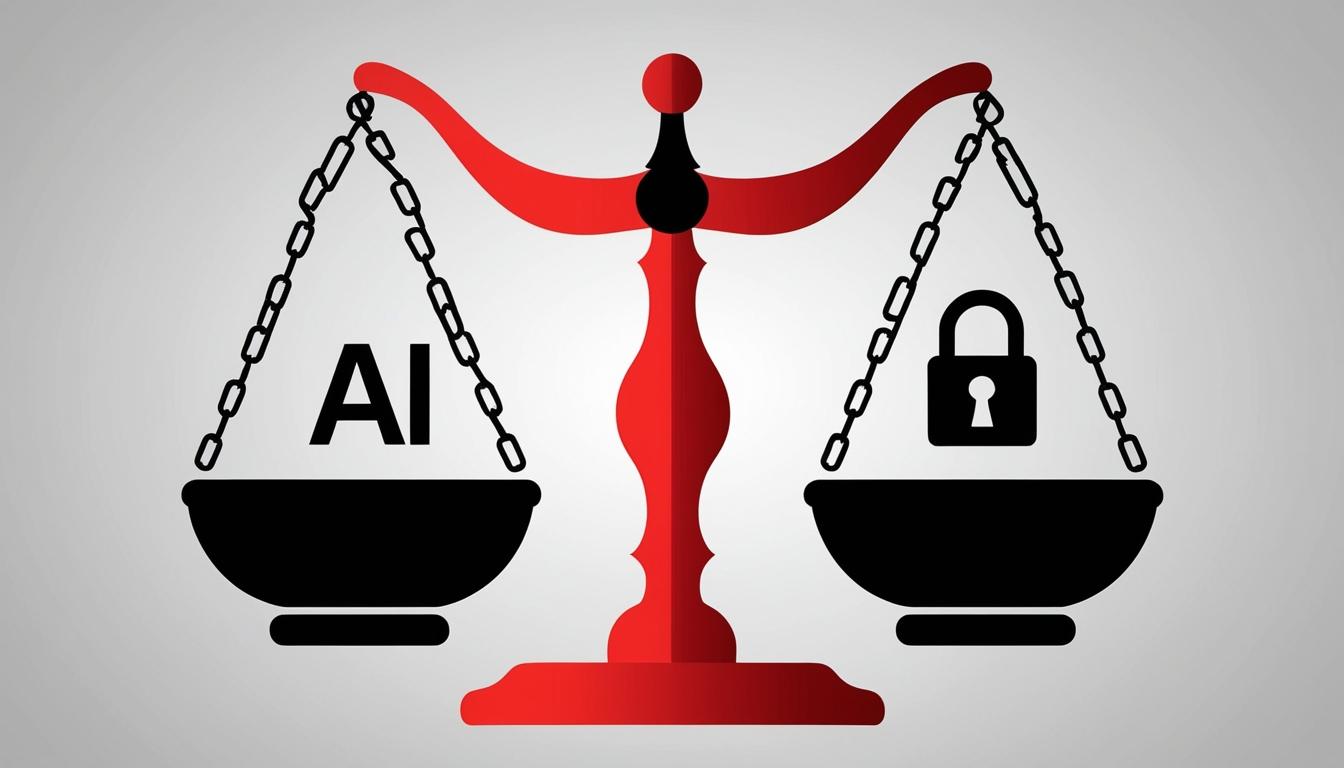Legal complexities surrounding artificial intelligence (AI) and its impact on copyright law have been thrust into the spotlight by a significant lawsuit initiated by several Canadian media organisations against OpenAI. This case raises profound questions about the intersection of innovation, intellectual property, and the ethical usage of data in machine learning, addressing a realm where current laws may struggle to keep pace with technological advancements.
The legal action asserts that OpenAI has allegedly utilised copyrighted materials from these media groups without obtaining the necessary permissions. According to the Associated Press, the plaintiffs contend that this infringement violates existing copyright law by commercialising protected content in the absence of licensing agreements. As such, the case could serve as a pivotal moment in shaping future regulations surrounding the use of data in AI training processes.
Central to this lawsuit is the way in which models like OpenAI's ChatGPT are developed. The training of such AI systems typically involves three steps: collecting data from a wide array of sources, processing this information to clean and structure it, and then using algorithms to analyse the data for pattern recognition and response generation. The contention, however, lies chiefly in the first step—data collection. The plaintiffs argue that OpenAI has used their copyrighted materials without proper acknowledgment or clearance, raising significant implications for how data can be harnessed in AI development.
One operational issue highlighted by the lawsuit concerns the alleged neglect of Copyright Management Information (CMI), such as author names and publication dates. Under the Digital Millennium Copyright Act (DMCA), removing or disregarding CMI is prohibited, as this can facilitate the unauthorized reproduction and distribution of copyrighted material. Legal experts indicate that the potential loss of CMI during web scraping could compromise the integrity of copyright laws while presenting practical challenges for AI developers.
OpenAI's anticipated defence may rest on the doctrine of "fair use," which allows for limited use of copyrighted material without permission under certain conditions. However, fair use is often nebulous, particularly in relation to AI-generated outputs, which will hinge on several factors, including whether the usage transforms the original material, the nature of the work used, the extent of the usage, and the potential market impact on the original work. In this context, the transformative nature of AI could become a focal point, with the courts likely tasked with determining how much AI outputs derive from initially copyrighted works.
The implications of this lawsuit extend well beyond OpenAI and could set pivotal precedents for AI companies, content creators, and policymakers worldwide. Key themes include:
Data Transparency: With increasing scrutiny, AI companies may be compelled to adopt clearer and more responsible data collection methods. Establishing thorough documentation of data sources and coherent usage policies could become industry standard.
Copyright Integrity: The requirement to preserve metadata like CMI might evolve from an informal best practice to a formal legal requirement, necessitating innovations within data processing technologies.
Regulatory Reforms: There will likely be calls for updated frameworks to clarify and govern the complexities introduced by machine learning technologies. Such reforms could offer guidance to various industries while simultaneously protecting creative works from possible exploitation.
For content creators, the implications of the lawsuit may signal an opportunity to defend their rights and potentially forge more robust licensing agreements with AI firms, particularly as their business models are already disrupted by the increase of digital platforms.
In response to this evolving legal landscape, the tech industry may need to reconsider its operational practices. Potential steps include establishing licensing agreements with content creators, investing in compliance technologies to manage copyright implications, and engaging earnestly in policy dialogues to help direct the legislative processes governing AI technologies.
The lawsuit against OpenAI encapsulates broader tensions within the AI sphere, emphasising the need for a balance between innovation and ethical considerations. As the court navigates this case, the outcomes could carry significant consequences for future interpretations of intellectual property law in the digital age, affecting developers, content creators, and legal professionals as they confront an increasingly intricate technological environment.
Source: Noah Wire Services
